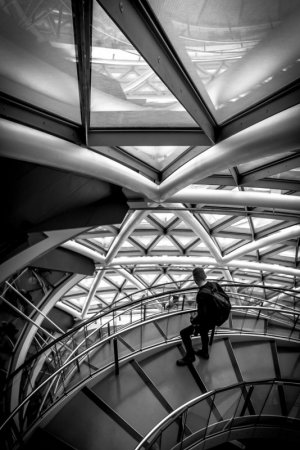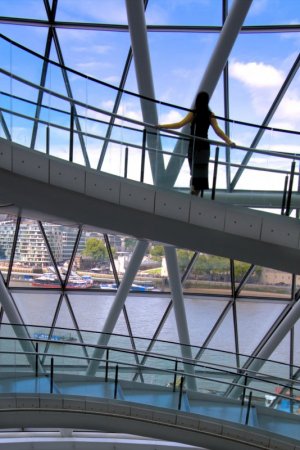Been There
Well-known Member
- Location
- Florida
I take terrible pictures and I have bought cameras costing anywhere from $75-$700. Still nothing near as good as some of the pictures posted here. I bought a Nikon just before Christmas in 2022 and it was the most I ever paid, which was around $700. It had most of the bells and whistles and the dude that sold it to me said that even a child could take perfect pictures.
After I shot about 50 pictures, I pulled the card and looked at them on my computer. Immediately, I was disappointed. I was at my wits’ end. I went back to the store showed the dude my pictures and the sales guy, who seemed very knowledgeable about cameras told me I had the settings wrong. He took a lot of time to show me the different settings and we went outside so he could take a few pictures and they were very nice. After about an hour and a half, (glad they weren’t busy), I was ready to have a go at it again.
I took another approximately 50 pictures and they were better, but not as good as I had hoped for and most of them still weren’t as good as the pix printed on here. So, here comes the question, finally. Does anyone know of a “no fault” camera? My friend who takes really good pictures with his older Konica said I needed a “no fault” camera. I guess he’s talking about a camera that all I have to do is point and shoot and there you are, beautiful pictures.
Any ideas besides stop taking pictures?
After I shot about 50 pictures, I pulled the card and looked at them on my computer. Immediately, I was disappointed. I was at my wits’ end. I went back to the store showed the dude my pictures and the sales guy, who seemed very knowledgeable about cameras told me I had the settings wrong. He took a lot of time to show me the different settings and we went outside so he could take a few pictures and they were very nice. After about an hour and a half, (glad they weren’t busy), I was ready to have a go at it again.
I took another approximately 50 pictures and they were better, but not as good as I had hoped for and most of them still weren’t as good as the pix printed on here. So, here comes the question, finally. Does anyone know of a “no fault” camera? My friend who takes really good pictures with his older Konica said I needed a “no fault” camera. I guess he’s talking about a camera that all I have to do is point and shoot and there you are, beautiful pictures.
Any ideas besides stop taking pictures?



